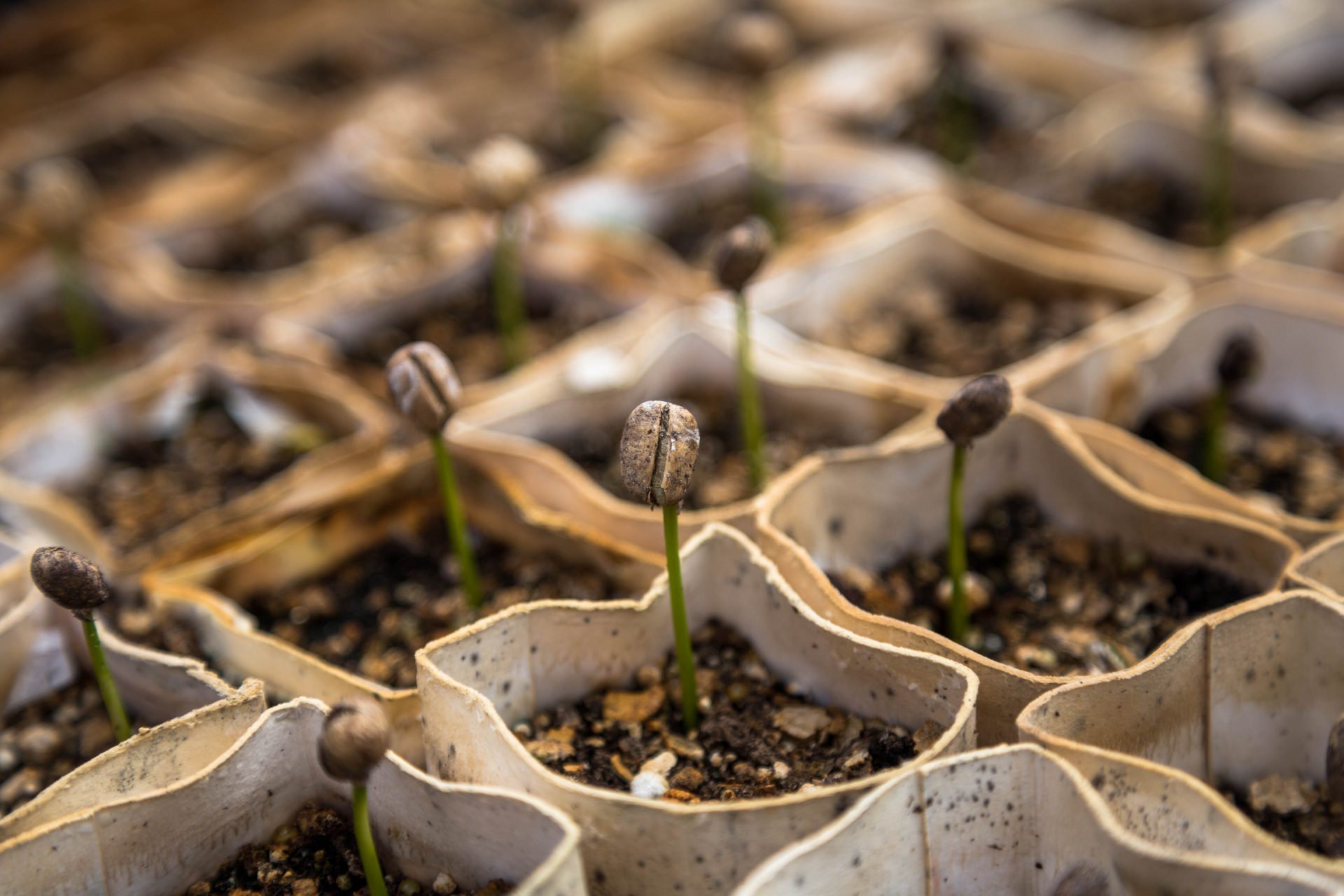In the realm of sustainable agriculture, an unpredicted participant has emerged, bringing with it a myriad of choices and opportunities—the humble hashish seed. Usually connected with leisure and medicinal use, cannabis seeds are now gaining awareness for their possible function in promoting sustainability in agriculture. In this short article, we are going to investigate how cannabis seeds can add to sustainable farming procedures, from soil wellbeing to useful resource performance.
Nutrient-Abundant Soil Amendment:
Hashish plants are regarded for their skill to prosper in a wide variety of soil conditions. Their deep root programs enrich soil structure and market aeration, which can be particularly advantageous for crops that stick to in their footsteps. In addition, cannabis vegetation are efficient nutrient accumulators, absorbing excess nutrients from the soil. When these plants are harvested, the nutrient-abundant leaves and stems can be returned to the soil as organic issue, enriching it in a natural way and decreasing the need to have for synthetic fertilizers.
Biodiversity and Companion Planting:
In sustainable agriculture, protecting biodiversity is very important for ecosystem balance. Cannabis plants can participate in a purpose in this by serving as companion vegetation. Their exceptional compounds, these types of as terpenes, can act as pure pest deterrents, safeguarding neighboring crops from dangerous insects. Integrating cannabis into a various planting plan can lead to a additional resilient and self-sustaining ecosystem, decreasing the reliance on chemical pesticides.
Carbon Sequestration:
As the world grapples with the difficulties of weather improve, the relevance of carbon sequestration in agriculture simply cannot be overstated. Cannabis vegetation are renowned for their swift advancement and superior carbon uptake through photosynthesis. By incorporating cannabis into crop rotations, farmers can lead to carbon sequestration, mitigating the impacts of greenhouse gasoline emissions. This strategy aligns with sustainable farming procedures aimed at setting up much healthier, carbon-abundant soils.
Water Performance:
H2o scarcity is a urgent situation in agriculture, prompting the need to have for h2o-successful crops. Cannabis plants show a impressive potential to thrive in numerous climates with varying water availability. Their deep roots permit them to obtain water from deeper soil layers, lowering opposition with shallower-rooted crops. By strategically integrating cannabis into farming systems, primarily in regions facing drinking water problems, farmers can improve drinking water use and boost sustainable water administration tactics.
Regenerative Farming Techniques:
Regenerative agriculture focuses on restoring and improving the wellness of the soil ecosystem. Hashish, with its multipurpose and resilient nature, can be a essential participant in regenerative farming. The cultivation of hashish using regenerative techniques, this sort of as nominal tillage and address cropping, can assist protect against soil erosion, increase h2o retention, and enrich general soil fertility. This holistic approach to farming aligns with the rules of sustainability, making sure the long-time period overall health and productivity of the land.
Conclusion:
In the evolving landscape of sustainable agriculture, hashish seeds are emerging as a precious resource for farmers seeking progressive and eco-pleasant alternatives. From why not try these out and fitness to h2o effectiveness, the assorted characteristics of cannabis crops supply a multifaceted approach to addressing the challenges faced by modern agriculture. As we continue to explore the possible of hashish seeds in sustainable farming tactics, it results in being evident that this unassuming seed might hold the essential to a greener, a lot more resilient future for our planet’s food generation.
Harnessing the Environmentally friendly Revolution: The Part of Hashish Seeds in Sustainable Agriculture
Skip to content
